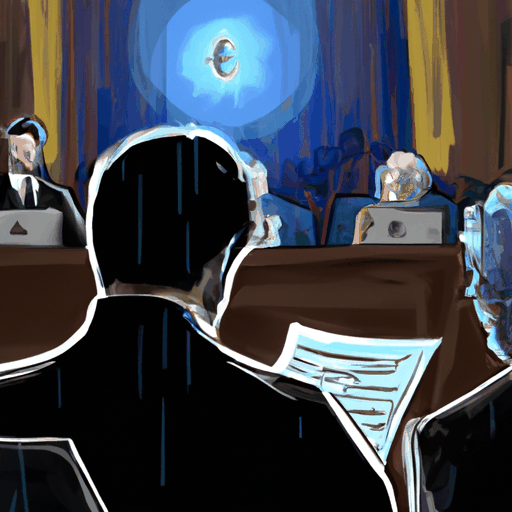
Craig Wright Faces Severe Legal Consequences Over False Claims
By: Eliza Bennet
Craig Wright faced a decisive blow in the courtroom as the UK High Court delved into the penalties and injunctive relief in his case against the Crypto Open Patent Alliance (COPA). The trial centered on determining what costs and penalties Wright might suffer for his fraudulent claims of being Satoshi Nakamoto, the elusive creator of Bitcoin.
Jonathan Hough KC presented a comprehensive argument for severe measures against Wright, emphasizing the harm caused by his fraudulent claims and litigious actions against prominent figures in the crypto community. Hough highlighted the significant chilling effect Wright’s actions had on crypto development, noting that several developers distanced themselves from projects due to Wright's aggressive legal strategies.
The need for substantive injunctive relief was paramount to prevent Wright from perpetuating his claims of being Satoshi Nakamoto and to safeguard the integrity of the crypto ecosystem. The court observed Wright's past prosecutions against individuals who questioned his legitimacy, portraying his actions as vindictive.
In a near-full courtroom, notable absences from Wright's team—including Wright himself—were noted. Hough detailed legal precedents and framed a compelling case for a robust injunction. This included preventing Wright from publicly claiming he is Satoshi Nakamoto and mandating the removal of such claims from the internet. Justice Mellor indicated a willingness to issue an extraordinary response, hinting at the possibility of severe penalties, including custodial sentences up to seven years, as allowed by the Perjury Act 1911.
The judge's stance suggested that Wright's prolonged campaign of deceit warranted a stringent judicial response, potentially marking a significant point in the ongoing saga surrounding the true identity of Bitcoin's creator.
Additionally, the proceedings touched on Wright's failure to provide an address for legal service, suggesting attempts to evade responsibility. Hough called for a criminal prosecution against Wright and his associate for false representations, further buttressed by video evidence of Wright discussing perjury penalties.
The outcome of this case could have lasting implications for the crypto community, setting a precedent for how false claims and fraudulent actions are handled in the future.



